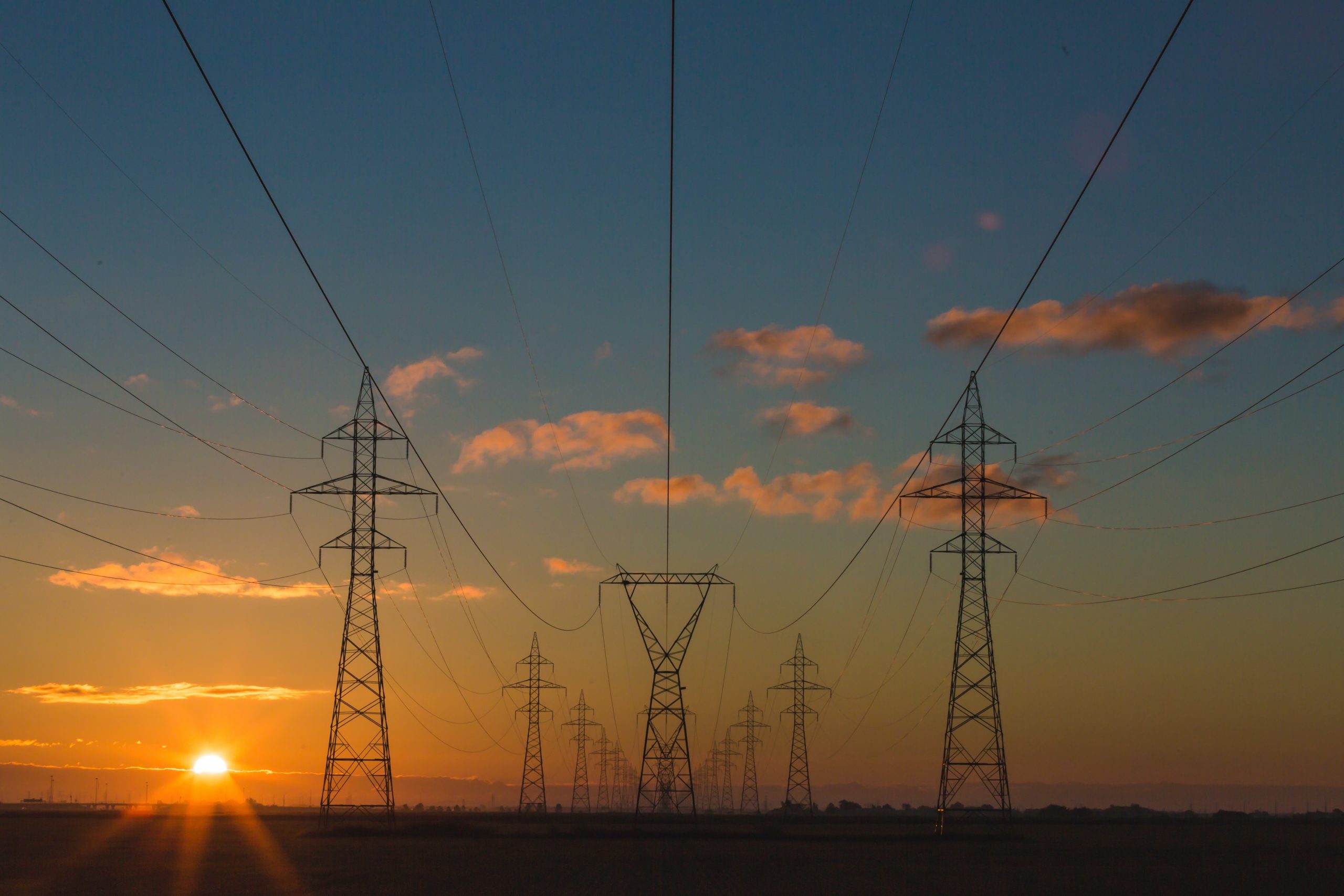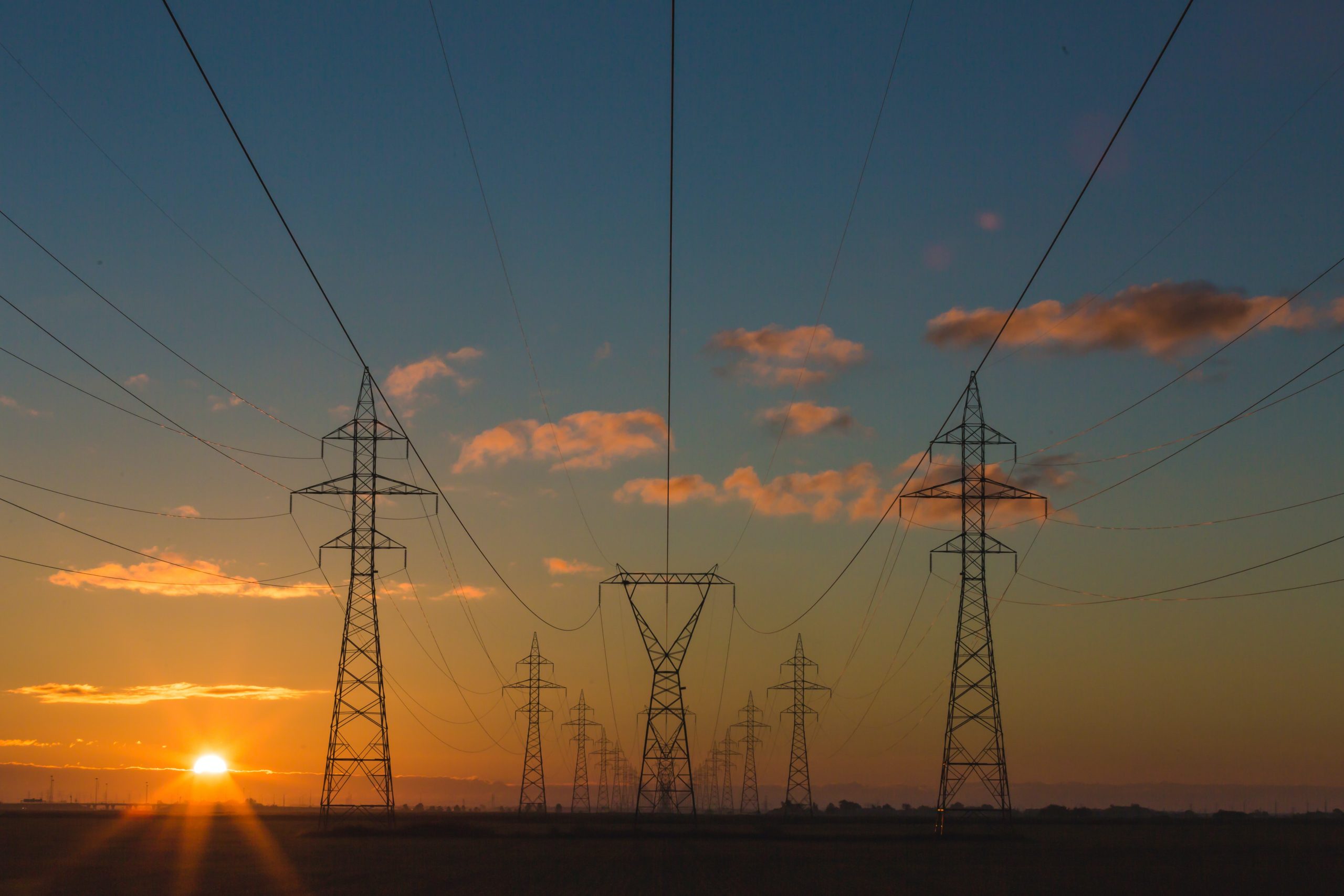Solar power for homes has become an increasingly popular option for those looking to reduce their electricity bills while also benefiting the environment. With solar panels, homeowners can lock in their electricity rates for life and potentially add value to their property. However, like any technology, solar power does come with a few drawbacks. It is important to understand the potential challenges that arise with solar energy, such as the initial cost of installation and the need for consistent sunlight. By addressing these concerns, homeowners can make informed decisions about whether solar power is the right choice for their homes.
1. Initial Cost
1.1 High upfront investment
One drawback of solar for homes is the high upfront cost associated with installing a solar panel system. The initial investment includes the cost of purchasing and installing the panels, as well as any additional equipment and labor required. This cost can be a significant barrier for homeowners who are considering solar but may not have the financial resources to cover the upfront expenses.
1.2 Payback period
Another consideration when it comes to the initial cost of solar is the payback period. This refers to the amount of time it takes for the savings generated by the solar system to offset the initial investment. While solar panels offer long-term financial benefits through reduced electricity bills, it may take several years before homeowners start seeing a return on their investment.
1.3 Financing options
To help alleviate the financial burden of the high upfront cost, there are various financing options available for homeowners. These options include solar loans, leases, power purchase agreements (PPAs), and government incentives. Solar loans allow homeowners to spread out the cost of the system over a period of time, while leases and PPAs allow homeowners to pay for the electricity generated by the system rather than the panels themselves. Government incentives, such as tax credits and rebates, can also help reduce the cost of installation.
2. Space Requirements
2.1 Sufficient roof space
When considering solar for your home, it’s important to assess whether you have sufficient roof space to accommodate the panels. Solar panels require a certain amount of square footage to maximize their energy production. Factors such as roof angle, orientation, and shading can also impact the efficiency of the system. Consulting with a solar installer can help determine if your roof is suitable for solar panel installation.
2.2 Shade and obstructions
Shade from trees, nearby buildings, or other obstructions can significantly reduce the effectiveness of solar panels. If your roof is heavily shaded throughout the day, it may not be an ideal location for solar panel installation. However, there are solutions such as microinverters or power optimizers that can mitigate the impact of shading and allow for better solar energy generation.
2.3 Land availability for ground-mounted systems
In cases where roof space is limited or not suitable for solar panel installation, homeowners may consider ground-mounted systems. These systems require additional land availability and may not be feasible for all properties. Before opting for a ground-mounted system, it’s important to consider the available land area and any local regulations or restrictions that may apply.
3. Dependence on Sun Exposure
3.1 Weather conditions
Solar panels rely on sunlight to generate electricity, so weather conditions play a crucial role in their performance. Cloudy, rainy, or heavily overcast days can result in reduced energy production. However, it’s important to note that solar panels can still generate some electricity even in less optimal weather conditions.
3.2 Seasonal variations
The amount of sunlight and the angle of the sun vary throughout the year due to seasonal changes. This means that solar panels may produce more electricity during the sunnier months and less during the winter months. Homeowners should take this seasonal variation into account when considering solar for their homes.
3.3 Nighttime and cloudy days
Perhaps one of the most significant drawbacks of solar for homes is the inability to generate electricity at night or during extended periods of cloudy weather. This is because solar panels require direct sunlight to produce electricity. To alleviate this dependence on sun exposure, homeowners can consider incorporating energy storage systems, such as batteries, to store excess energy generated during the day for use during times of low or no sunlight.
4. Aesthetics
4.1 Visual impact of solar panels
Solar panels are often perceived as an eyesore by some homeowners due to their appearance on the roof. The visible presence of panels can sometimes conflict with the desired aesthetics of a home. However, modern solar panels are becoming sleeker and more visually appealing, making it easier to integrate them into the overall design of a house.
4.2 Potential damage to roof
The installation process of solar panels requires drilling into the roof to secure the panels in place. While reputable installers take precautions to minimize any potential damage, there is still a risk of roof leaks or structural issues if not properly installed. Homeowners should make sure to choose experienced and qualified installers to mitigate this risk.
4.3 Homeowners association restrictions
In some cases, homeowners associations (HOAs) may have restrictions or guidelines that limit the installation of solar panels. These restrictions can range from specifying the location or appearance of the panels to completely prohibiting their installation altogether. It is important for homeowners to review their HOA guidelines and seek approval before proceeding with a solar installation.

5. Maintenance and Repairs
5.1 Cleaning and upkeep
Solar panels require regular cleaning to maintain their efficiency. Dust, dirt, leaves, and other debris can accumulate on the panels and reduce their energy output. Cleaning can usually be done with water and a soft brush, but homeowners should take care not to damage the panels during the cleaning process. Regular inspections and maintenance by qualified professionals are also recommended to ensure that the system is functioning optimally.
5.2 Potential for damage or malfunction
While solar panels are designed to withstand various weather conditions, there is still a risk of damage from extreme weather events, such as hailstorms or strong winds. In addition, like any electrical system, solar panels are susceptible to malfunction due to component failure or wiring issues. Homeowners should be aware of these risks and consider the warranty coverage and maintenance options provided by their solar installer.
5.3 Finding qualified technicians
In the event of maintenance or repairs, homeowners may need to rely on qualified technicians to diagnose and fix any issues with their solar panel system. Finding technicians with the necessary expertise and experience in solar technology can sometimes be challenging, depending on the location. Homeowners should research and establish a relationship with reputable solar service providers to ensure timely and efficient repairs.
6. Energy Storage
6.1 Cost and efficiency of battery systems
Energy storage systems, such as batteries, provide the ability to store excess energy generated by solar panels for use during times of low or no sunlight. However, the cost of battery systems can be a significant investment, adding to the overall upfront cost of a solar panel system. It’s important for homeowners to carefully evaluate the cost and efficiency of battery systems based on their specific energy needs and goals.
6.2 Limited storage capacity
The storage capacity of battery systems is another consideration for homeowners. Depending on the size and type of battery, there may be limitations on the amount of energy that can be stored. It’s important to assess the energy demands of the household and choose a battery system that can adequately meet those needs.
6.3 Backup power during outages
One advantage of energy storage systems is the ability to provide backup power during outages. However, it’s important to note that the duration of backup power will depend on the capacity of the battery system and the energy demand of the household. Homeowners should consider their specific needs for backup power and choose a battery system accordingly.

7. Grid Connection
7.1 Reliance on the electrical grid
Despite generating clean energy, most residential solar panel systems are still connected to the electrical grid. This means that homeowners remain reliant on the grid for electricity during periods when solar energy production is insufficient, such as at night or during extended cloudy days. Homeowners should be aware that solar panels alone may not completely eliminate reliance on the grid.
7.2 Net metering limitations
Net metering is a billing arrangement that allows homeowners to receive credit for excess electricity generated by their solar panels and fed back into the grid. However, not all utility companies offer net metering or have limitations on the amount of excess electricity that can be credited. Homeowners should understand the net metering policies of their utility company before installing solar panels.
7.3 Grid infrastructure requirements
The adoption of solar power in a neighborhood or community may require upgrades to the existing grid infrastructure. This can include increased capacity and distribution capabilities to accommodate the influx of solar-generated electricity. Homeowners considering solar should be aware of any potential costs or infrastructure requirements associated with their local electrical grid.
8. Location and Orientation
8.1 Geographic limitations
The feasibility and effectiveness of solar panels can vary depending on the geographic location. Areas with higher solar insolation, or exposure to the sun, tend to be more suitable for solar panel installations. Homeowners in regions with lower solar insolation may experience reduced energy generation, making solar less economically viable.
8.2 Ideal orientation and tilt
The orientation and tilt of solar panels can significantly impact their energy production. Ideally, the panels should face south (in the northern hemisphere) or north (in the southern hemisphere) to capture the most sunlight. The tilt angle should also be optimized based on the latitude of the location. Homeowners should work with solar installers to determine the ideal orientation and tilt for their specific location.
8.3 Impact of surrounding structures
The presence of surrounding structures, such as trees or buildings, can create shading or obstruct sunlight, inhibiting the performance of solar panels. Homeowners should consider the impact of nearby structures and their potential to reduce solar energy generation when planning a solar installation.
9. Lifespan and Degradation
9.1 Aging and degradation of panels
Over time, solar panels can experience normal wear and aging, leading to potential degradation in their performance. Factors such as exposure to sunlight, weather conditions, and the quality of materials used in manufacturing can impact the lifespan of solar panels. However, reputable manufacturers typically provide warranties that ensure the panels will continue to generate a certain percentage of their original power output over a specified period.
9.2 Performance decline over time
Solar panels may experience a gradual decline in performance over their lifespan, known as the degradation rate. This decline is typically small, with most panels experiencing a degradation rate of less than 1% per year. It’s important for homeowners to understand the expected performance decline and factor it into their long-term financial considerations.
9.3 Warranty coverage
When considering solar for your home, it’s important to review the warranty coverage provided by the manufacturer and installer. Warranties typically cover defects in materials and workmanship, and may also include guarantees on power output. Homeowners should carefully review the warranty terms and ensure they understand the coverage and any conditions that may void the warranty.
10. Installation and Permitting
10.1 Finding reputable installers
The installation of a solar panel system requires professional expertise to ensure proper installation and system performance. Finding reputable installers with relevant experience in solar technology is crucial for a successful installation. Homeowners can seek recommendations, review customer feedback, and verify certifications to identify qualified installers.
10.2 Complex permitting process
The permitting process for solar panel installation can vary depending on local regulations and building codes. Obtaining the necessary permits typically involves submitting detailed plans and documentation to local authorities. The complexity of the permitting process can sometimes be a challenge for homeowners, requiring them to navigate various requirements and regulations.
10.3 Compliance with local regulations
In addition to the permitting process, homeowners must also comply with any local regulations or restrictions that may apply to solar panel installations. These regulations can include setback requirements, aesthetic guidelines, and HOA restrictions. It’s important to research and understand the local regulations before proceeding with a solar installation to avoid any potential issues or non-compliance.
In conclusion, solar power for homes offers numerous benefits, including energy savings, reduced carbon emissions, and potential financial incentives. However, homeowners should also consider the various drawbacks associated with solar, such as the high upfront cost, dependence on sun exposure, aesthetic considerations, maintenance requirements, and compliance with local regulations. By carefully evaluating these factors and working with experienced professionals, homeowners can make informed decisions about whether solar is the right choice for their homes.

